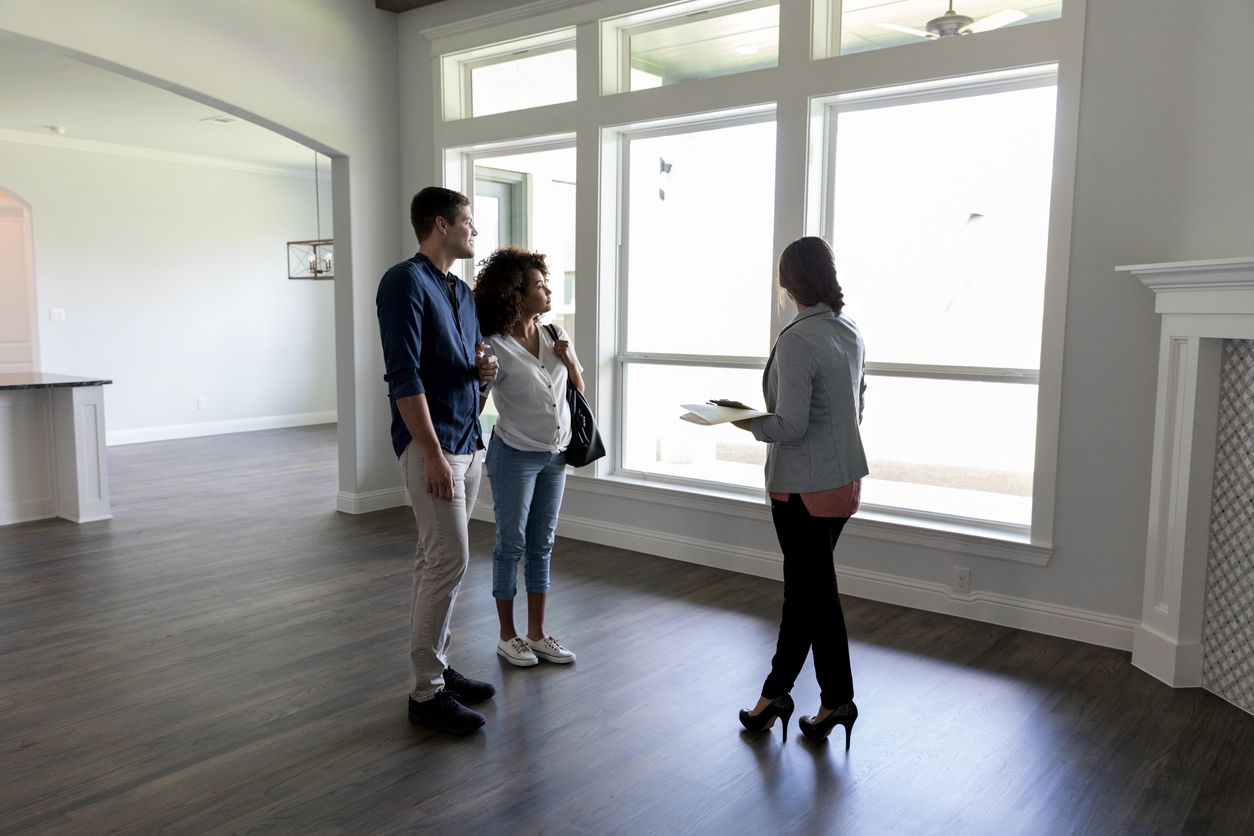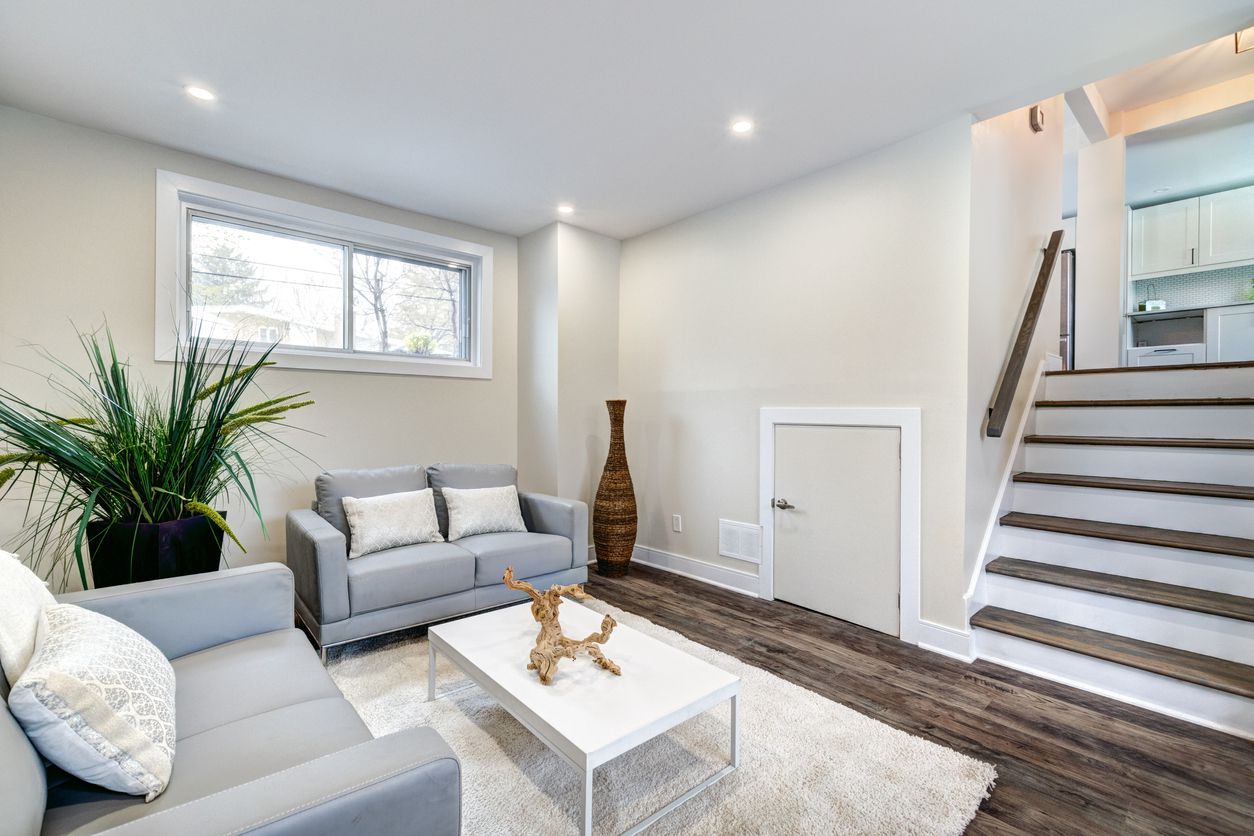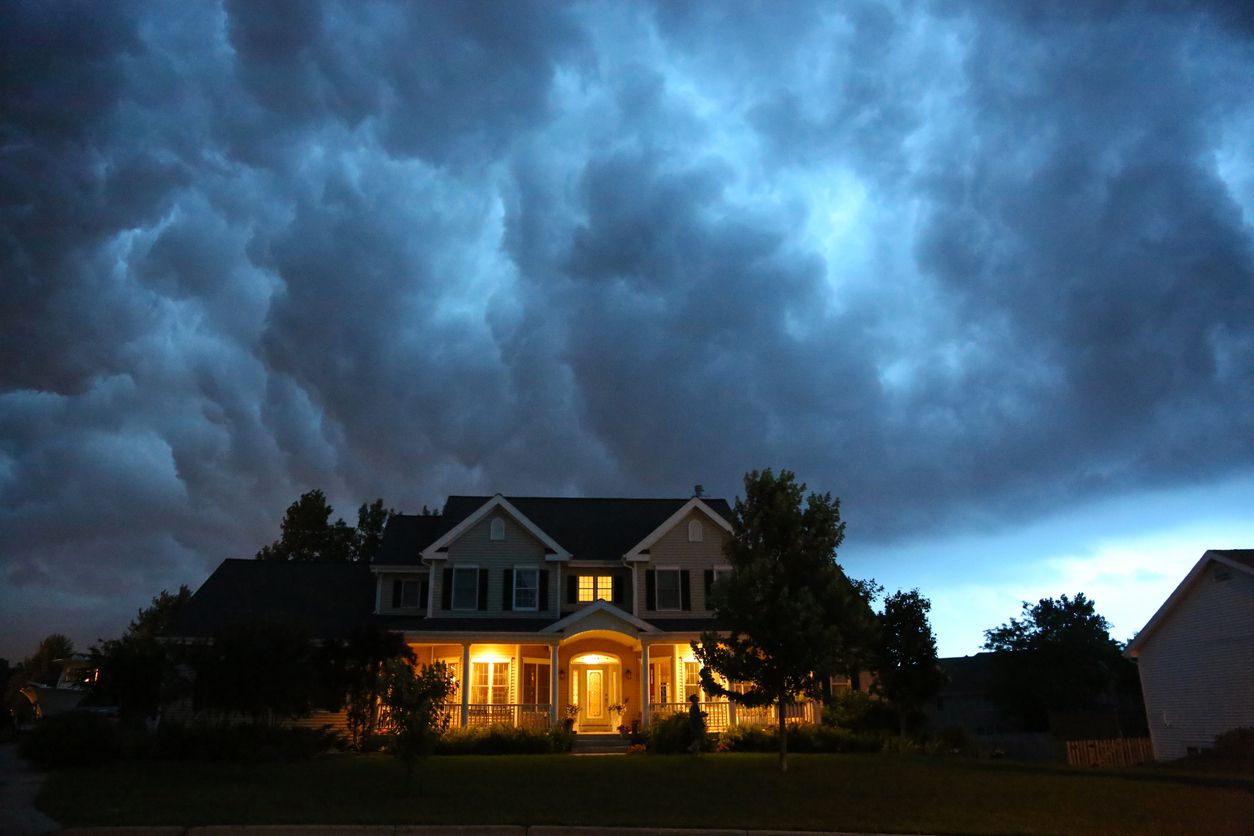Every industry has its backstage and its back rooms where the sausage is made and the allure created. Homebuying is no different, and a window into the specialized knowledge of real estate agents and those who work alongside them leave you better prepared on the housing market.
Underpricing Is Just a Sales Tactic

You may think you’ve stumbled across a gem that’s been priced too low mistakenly. But agents know something that may seem odd at first: A lower listing price can bring in a higher closing price. Underpriced homes draw many shoppers and can result in bidding wars that push the final sale well above asking. Overpriced homes will sit idle, eventually developing the stench of failure.
Sellers Hide How Long Homes Are Listed

As soon as a home is listed, its value starts to depreciate. Many online searches are set at “less than 30 days” on the market, and a home listed for more than a few months can start to get a whiff of desperation about it. To counter that, owners and agents will take a property off the market for 30 days and relist it, making everything old new again and hiding past price drops.
You Have to ‘Stage’ the Space

Having a professional bring in furniture to fill a space stylishly is what gets a second look in many markets and drives up the asking price for expensive homes. “People want to know what it looks like,” Steve S. says. “The vacation spots, they’ll buy it with the furniture.”
Staging Can Be an Optical Illusion

A good design makes a small home look more spacious, and a mansion look homey. “It’s a little counterintuitive, but a staged home actually makes a place look bigger, because it provides scale,” Steve S. says. “You won’t use beefy chairs if the room can’t handle that. These are steps that people can take as pointers in good design, not just tricks of the trade.”
Sometimes the Extra Effort Isn’t Worth It

In less expensive areas, you can add only so much value to a home during the sales process. In those places, the cost of staging may not be worth it compared with how much more it’ll bring in from a buyer. “At a certain point, the value of staging a place that’s $200,000” makes the profit margin tight, Steve S. says.
Trending on Cheapism
Online Images May Not Be Real

That home that looks so spacious and chic online may be completely different when you see it in person, from its furniture to its paint job. For several years, virtual staging has allowed web whizzes to dress up photos of a home with digital design, and since COVID, when sellers would like fewer strangers traipsing through their homes, virtual staging boomed. It’s a cost-saver, too. Companies such as Virtual Staging Solutions charge as little as $300 to fancy up your place.
Even the Lawn May Be Fake

Don’t get too attached to the lush front yard or blooming flowers at the front door. Frequently, sod has been installed and plants bought in the days before a home goes up for sale. The greenery isn’t established, and may not even be appropriate for that climate. The result can be the heartbreak of dead grass and wilted flowers within weeks.
‘As-Is’ and ‘Fixer-Upper’ Aren’t Always the Same

It may look like a bargain fixer-upper, but often a house marketed “as is” is listed that way because it cannot pass inspection. You may end up with home repairs far more expensive than the purchasing price.
Sign up for our newsletter
You Need to Translate Real Estate Listings

There’s more to watch out for than the phrase “as-is,” because every industry has its own jargon. In real estate, “cozy” means tiny. “Charming” can mean eccentric. And “character” just means old. “Mature trees” need pruning, or may even be close to death. “Potential”? Unless you’re looking for a show on HGTV, run.
You May Not Be Warned About Ghosts

In 46 states, there is no law regarding haunted houses — meaning you could be signing up for bumps in the night. New York, New Jersey, Massachusetts, and Minnesota have laws involving the seller’s responsibility when it comes to the paranormal, according to Zillow.
You’ll Want to Count the Rooms Carefully

That four-bedroom home you just signed on might count only as a three-bedroom. Why? Because listings in some hot markets will tout a bedroom in the basement that does not have a large enough window to meet fire codes, and therefore does not legally count as a bedroom in that state. The same goes for the backyard shed someone is touting as a mother-in-law apartment. There’s a reason it’s advertised for your mother-in-law, and not your mother.
Lighting Is Among the Cheapest Upgrades

Good lighting and a stylish fixture can be bought for far less than other home improvements, and have an outsize impact on the home’s presentation. Five hanging globes from CB2 are less than $300.
There’s a Formula for Finding an Agent

Knowing the business and the market has value, but most of all, you want an agent who is going to work for you and your home. The perfect intersection of qualities in a real estate agent is know-how and enthusiasm. If they’re knowledgeable but seem uninterested in you, that’s a concern; and eagerness but lack of experience can also be a red flag.
For more smart real-estate tips, please sign up for our free newsletters.






